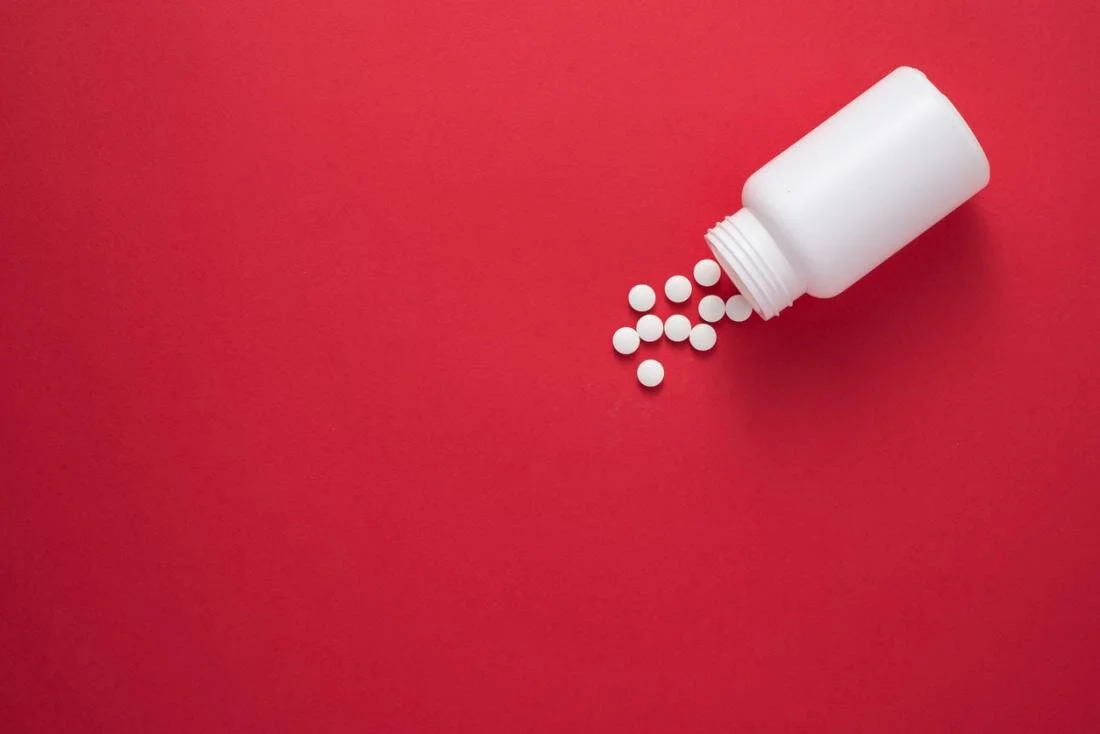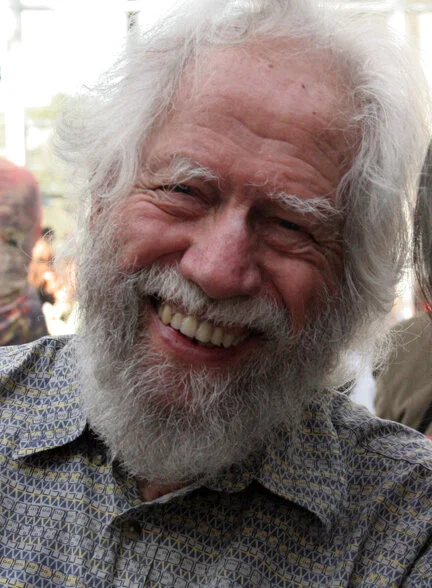Answer: Ketamine is predominantly a glutamate NMDA receptor antagonist.
From https://www.huffingtonpost.com/2014/04/05/ketamine-depression-study-oxford_n_5093201.html
Ketamine is an anesthetic drug that blocks the action of glutamate at the NMDA type receptor. It is mostly used medicinally for its ability to produce anesthesia. The state of anesthesia produced by ketamine is preferable in some situations, since it does not produce respiratory depression as much as other anesthetics, (Use of ketamine in severe status asthmaticus in intensive care unit) making it ideal when a breathing monitoring apparatus is not readily available (surgical procedures in war, for example). Unlike other anesthetic compounds, it tends to stimulate circulation rather than depress the cardiovascular system. It belongs in the class of dissociative hallucinogens, meaning that it can produce a sensation of being detached from themselves or from the world.
Ketamine is used off-label and is being tested for its efficacy as an antidepressant. Most other antidepressant drugs like SSRIs or MAOIs act on the monoamine systems, increasing the signaling from neurotransmitters like serotonin or norepinephrine. These drugs often take weeks of treatment for the patient to begin to feel a change in depressed state. However, for some patients resistant to monoamine-based therapies, ketamine seems to be effective at producing an immediate effect on patients with depression. This is believed to be because the pharmacology of action is very different from other antidepressants.
Ketamine is sometimes used for pain management after surgery. Generally, morphine is the gold standard for pain relief since it is so effective at alleviating pain. But some people have a high probability of developing addiction, for example, former heroin users. Because heroin and morphine both have a similar pharmacological action (activation of opioid receptors), it may be preferable to give these patients ketamine as a pain killer in order to decrease their exposure to more opioid drugs.
Ketamine is sold under the trade name Ketalar. In the United States, it is classified as a Schedule III drug under the Controlled Substances Act through the Food and Drug Administration and the Drug Enforcement Agency. As a Schedule III drug, it has a medical purpose and is believed to have less addiction potential compared to Schedule I or Schedule II drugs.
Ketamine is also abused recreationally. Sometimes called “Special K,” the drug can also produce a general feeling of well being and happiness.










